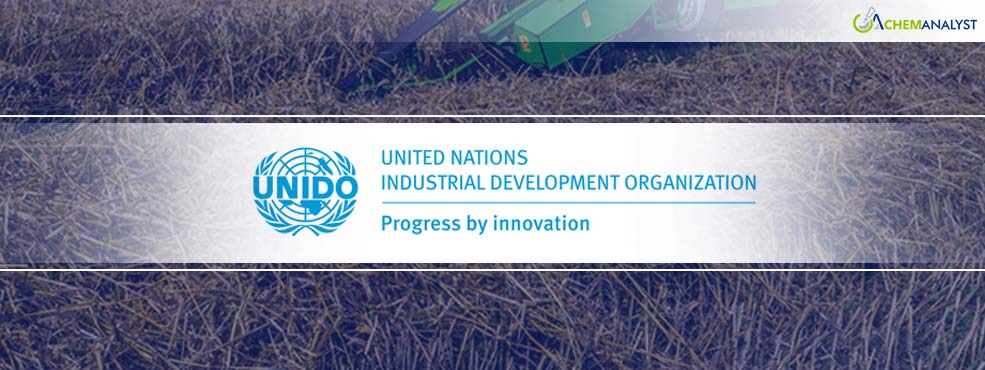Welcome To ChemAnalyst

The United Nations Industrial Development Organization (UNIDO) has partnered with the Indonesian government and fertilizer industry to reduce greenhouse gas (GHG) emissions, advancing Indonesia's climate goals. As part of a United Nations pilot programme, this collaboration has already achieved notable success. Four companies participating in the initiative have collectively avoided 328,000 tonnes of CO2-equivalent emissions annually compared to their 2018 baseline, with the potential for even greater industry-wide impact. The adoption of resource-efficient production methods could save the industry an estimated $47 million.
PT Pupuk Sriwijaya (PUSRI), a leading fertilizer producer in Palembang, South Sumatra, exemplifies the programme's success. Its patented 2B urea plant incorporates innovative technologies to cut emissions and reduce costs. By implementing Resource-Efficient and Cleaner Production (RECP) practices, supported by research from UNIDO and partners, PUSRI has significantly improved its environmental performance.
The RECP study, developed in collaboration with Indonesia's Ministry of National Development Planning (Bappenas) and the Indonesian Cleaner Production Centre (ICPC), focuses on transparency in material and energy flows, enhancing productivity, reducing waste, optimizing water use, and boosting energy efficiency. PUSRI's efforts have resulted in an average annual reduction of 4,181 tonnes of CO2 equivalent, comparable to the emissions of 844 cars. Additionally, the company has reduced water consumption from 13.5 to 3.6 cubic meters per tonne of urea, surpassing the green industry standard and cutting input costs.
These improvements align with findings from UNIDO's 2019 Green Industry and Trade Assessment (GITA) report, which benchmarks industrial environmental performance across air and water pollution, waste management, resource efficiency, and clean technology adoption. Guided by these insights, PUSRI adheres to the Indonesian Ministry of Industry's Green Industry Standard and pursues low-carbon development.
Globally, fertilizers contribute significantly to GHG emissions, accounting for 2.6 gigatonnes of carbon annually—exceeding emissions from global aviation and shipping combined. In Indonesia, the industrial sector generates 14% of the country's emissions, with the government aiming for net zero by 2050. PUSRI’s parent company, PT Pupuk Indonesia, has committed to this goal through its Blue and Green Ammonia 2030 Roadmap, which focuses on transitioning to renewable energy-powered ammonia production.
Despite progress, challenges remain, particularly in securing sufficient renewable energy. Marco Kamiya, UNIDO’s Representative for Indonesia and Timor Leste, emphasized the need for collaboration among corporations, governments, and financial institutions to fund and scale cleaner production technologies. Achieving the fertilizer industry's targeted 3.95 million tonnes of CO2-equivalent reduction by 2030 will require sustained, cooperative efforts across all stakeholders.
We use cookies to deliver the best possible experience on our website. To learn more, visit our Privacy Policy. By continuing to use this site or by closing this box, you consent to our use of cookies. More info.
